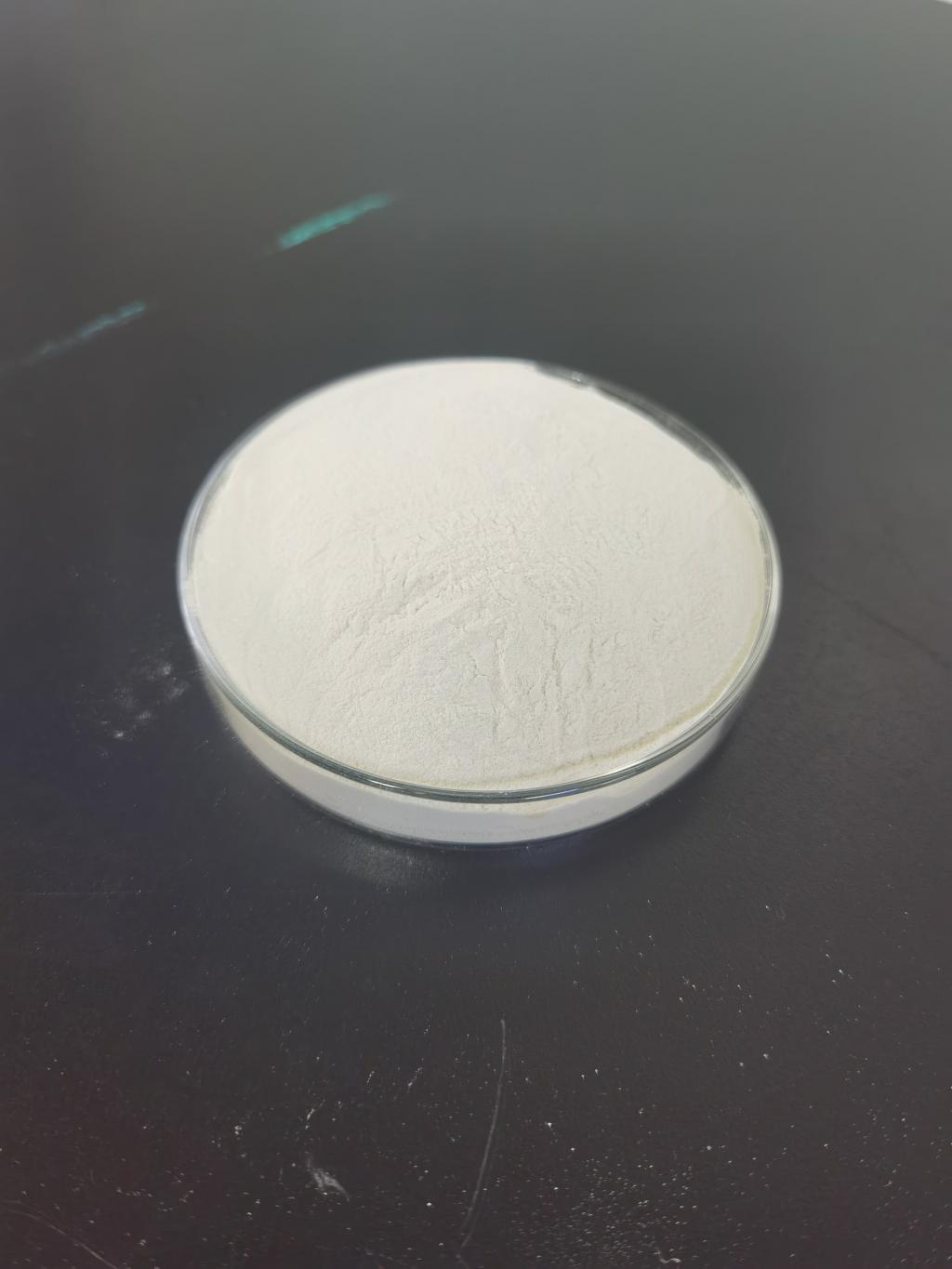Tel:+8618231198596

News
 CONTACT
CONTACT
 CONTACT
CONTACT
- Linkman:Linda Yao
- Tel: +8618231198596
- Email:linda.yao@dcpharma.cn
- Linkman:CHARLES.WANG
- Department:Overseas
- Tel: 0086 0311-85537378 0086 0311-85539701
News
Exploring Nisin's Potential in Combating Antibiotic-Resistant Bacteria in Foodborne Illnesses
TIME:2024-01-12
Antibiotic Resistance in Foodborne Pathogens:
The rise of antibiotic resistance among foodborne pathogens is a global concern. Bacteria such as Salmonella, Escherichia coli (E. coli), Campylobacter, and Listeria monocytogenes have developed resistance to commonly used antibiotics. This resistance jeopardizes the effectiveness of traditional antibiotic treatments for infections caused by these bacteria, leading to increased morbidity, mortality, and healthcare costs.
Nisin's Mechanism of Action Against Antibiotic-Resistant Bacteria:
Nisin's mechanism of action makes it a promising candidate for addressing antibiotic resistance. Unlike traditional antibiotics, which often target specific cellular processes, nisin disrupts the cell membrane integrity of bacteria. This unique mode of action minimizes the likelihood of bacterial resistance development. Studies have shown that nisin effectively targets both Gram-positive and Gram-negative bacteria, including strains that exhibit resistance to conventional antibiotics.
Applications of Nisin in Food Matrices:
Nisin's versatility in various food matrices positions it as a valuable tool for combating antibiotic-resistant bacteria in the context of food safety. Its stability under different processing conditions and compatibility with diverse foods make it applicable to a wide range of products. The following sections explore specific applications of nisin in addressing antibiotic-resistant strains across various food categories.
a. Dairy Products: Nisin's application in dairy products, especially cheese, helps control antibiotic-resistant strains like methicillin-resistant Staphylococcus aureus (MRSA). Its integration into cheese production processes not only enhances food safety but also addresses concerns related to antibiotic resistance in bacteria associated with dairy contamination.
b. Meat and Poultry: Antibiotic-resistant strains in meat and poultry, such as extended-spectrum beta-lactamase (ESBL)-producing bacteria, pose a significant risk. Nisin's use in these products, either through direct incorporation or via active packaging, contributes to controlling resistant strains and improving the safety of meat and poultry items.
c. Seafood: Contamination of seafood with antibiotic-resistant bacteria, including strains resistant to fluoroquinolones, is an emerging issue. Nisin's potential application in seafood processing can help mitigate this risk, ensuring the safety of seafood products and addressing concerns related to antibiotic resistance.
d. Ready-to-Eat Foods: The convenience of ready-to-eat foods comes with the challenge of antibiotic-resistant bacteria contamination. Nisin's incorporation into these foods provides an effective solution, enhancing their microbial safety and reducing the risk of foodborne illnesses caused by resistant strains.
Challenges in Harnessing Nisin Against Antibiotic Resistance:
While nisin shows promise in combating antibiotic-resistant bacteria in foodborne illnesses, several challenges must be addressed. These include the need for optimal concentrations of nisin to ensure effectiveness, potential interactions with other food components, and the development of resistance to nisin itself. Research efforts are ongoing to overcome these challenges and maximize the potential of nisin as a tool against antibiotic resistance in foodborne pathogens.
Synergistic Approaches with Nisin:
To enhance the effectiveness of nisin against antibiotic-resistant bacteria, researchers are exploring synergistic approaches. Combining nisin with other natural antimicrobial agents, such as essential oils or plant extracts, may offer a broader spectrum of activity and reduce the risk of resistance development. These synergistic approaches aim to create a multifaceted defense against antibiotic-resistant strains in foodborne pathogens.
Regulatory Considerations:
The regulatory landscape surrounding the use of nisin in combating antibiotic-resistant bacteria in food is a critical aspect. Ensuring compliance with regulatory guidelines and obtaining approval for the use of nisin as an antimicrobial agent in different food categories is essential. Collaborative efforts between regulatory bodies, researchers, and the food industry are crucial to establishing clear frameworks for the responsible use of nisin in addressing antibiotic resistance.
Future Perspectives:
As antibiotic resistance continues to pose challenges to public health, the exploration of nisin's potential in combating resistant bacteria in foodborne illnesses opens avenues for future research and development. Ongoing studies may uncover new applications, optimize formulations, and provide insights into overcoming existing challenges. The integration of nisin into comprehensive food safety strategies could contribute to mitigating the impact of antibiotic resistance in the food chain.
Conclusion:
Nisin's potential in combating antibiotic-resistant bacteria in foodborne illnesses represents a promising avenue in the quest for safer and more effective food safety measures. As antibiotic resistance becomes an increasingly urgent global concern, the food industry's proactive exploration of natural alternatives, such as nisin, underscores its commitment to addressing this complex challenge. While challenges exist, ongoing research and collaborative efforts between scientists, regulatory bodies, and the food industry provide hope for harnessing nisin's full potential in enhancing food safety and combating antibiotic resistance in the context of foodborne pathogens.
- Tel:+8618231198596
- Whatsapp:18231198596
- Chat With Skype







